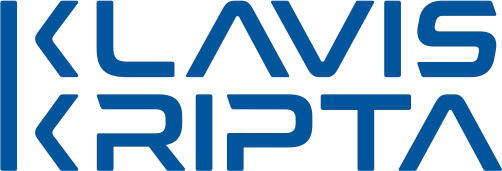Healthcare data protection is essential for safeguarding sensitive patient information, including medical records, diagnoses, and financial details. With the increasing digitization of healthcare systems, robust data security measures are vital to prevent unauthorized access, breaches, and cyberattacks. Key strategies include advanced encryption, secure data storage, and multi-factor authentication. Compliance with regulations such as HIPAA and GDPR ensures that healthcare providers maintain the privacy and integrity of patient data while meeting legal obligations.
Effective healthcare data protection not only builds trust with patients but also empowers organizations to deliver secure and reliable care in an increasingly connected world.
